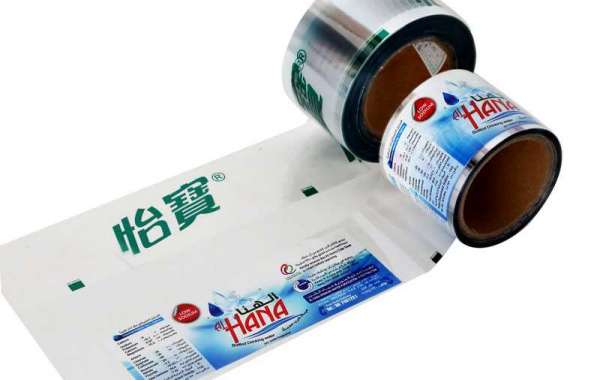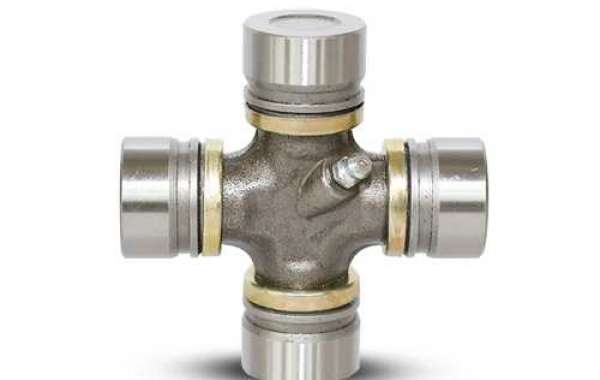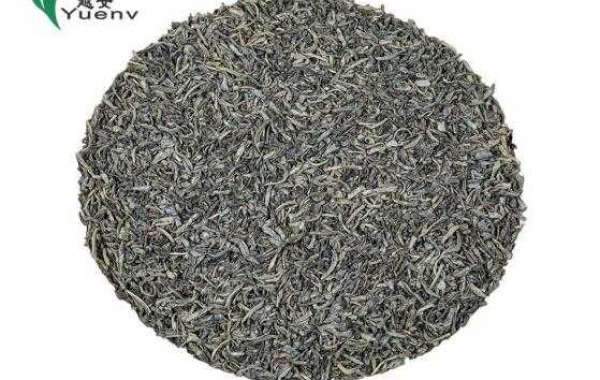a: Metal needle
Need to prepare a metal needle or toothpick (the thinner the better), and an eraser. Pay attention to gently pick up heat transfer label from one end (be careful not to apply force to the object to be attached, you must force outward). In this way, it is possible to pick out the larger area at once (don't let the dropped label fall on other things, otherwise it will become secondary pollution). When the strength is different, there will be residual glue. At this time, use an eraser to wipe gently (pay attention to choose the location where the eraser falls).
b: Rubber
For some residual adhesive marks on the surface, you can also wipe it with an eraser, and then remove the lint left by the eraser.
c: hair dryer
For the stickers on the plastic products, you can use the heat of a hair dryer to heat the stickers, and then slowly tear them off. But we have hair dryers in almost every house, and they can also get rid of the nasty tags. Use the hot air of a hair dryer to blow and bake against the label, but keep a certain distance, not too close, and not to bake for too long. When touching the label with your hands is slightly hot, you can use your fingernails or pointed tweezers to try to lift it up from the corners of the label. Since the adhesive will become less viscous when heated, it is better to tear off than when it is dry. However, it does not change from glue to water after adding heat. The stickiness is still there. When you tear it, you must not be too fast or too strong. You must be careful and patient. It is best to lift the surface and the original adhesive surface at a 45 degree angle. Lift up, not yank. As long as you have patience, the label can be torn off without leaving any offset printing on the box.
d: Lemon juice
If these stickers get on the skin, you can use lemon juice to remove them.
e: edible vinegar removal method
We spread the vinegar evenly on the sticker with a cotton swab. Through the glass, we can immediately see the vinegar slowly spreading between the glass and the sticker. At this time, use a cotton swab to scrape the sticker back and forth. After a while, the sticker will begin to peel off one by one, and there are very few remaining components of the sticker on the glass. Once wiped with paper, it is as smooth as New.
f: Alcohol removal method
The effects of the above solvents are not very obvious. After applying the solvent, we still need to forcefully wipe the residue on the glass. But when the alcohol was used, things changed immediately. We brushed the sticker on the glass with alcohol and immediately saw the sticker slowly soften and dissolve. With a light touch, the sticker left the glass cleanly. Safflower oil and gasoline can also be used to remove these traces.
Welcome to send us a message if you are interested in heat transfer printing film!








